5. Nutrient Management for Hydroponic Strawberries
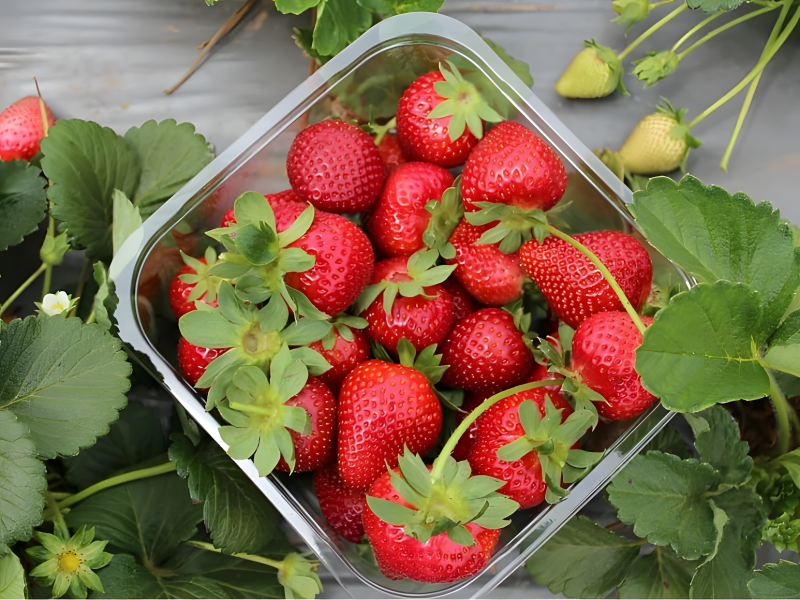
Good hydroponics strawberry production depends mostly on efficient fertiliser management. Hydroponics plants rely just on the nutrient solution given to them, unlike soil-grown plants which can extract nutrients from their surroundings. To guarantee best development and fruit output, it is therefore imperative to use a balanced nutrition mix especially designed for strawberries or fruiting plants.
Choose a nutrient solution that has both macronutrients and micronutrients when doing so. Important for general plant health, root development, and fruit maturation, key macronutrients are nitrogen, phosphorous, and potassium. Calcium, magnesium, and iron are among the micronutrients that are absolutely important for photosynthesis and nutrient movement among other physiological activities. Maximising yields and encouraging good growth depend on your nutrient solution being well-balanced.
Furthermore important is keeping an eye on the electrical conductivity (EC) of the nutrient solution as it tells the nutrient concentration accessible to the plants. Frequent EC level check will let you to modify the nutrition solution depending on strawberry growth stage. While fruiting plants gain from higher levels to assist fruit growth, young plants usually need less nutrients.
Equally crucial is keeping the right pH level in your nutrition solution. Hydroponics strawberries have an optimal pH range between 5.5 and 6.5. Frequent pH testing and pH adjustment can help to guarantee that your plants can efficiently absorb nutrients. Variations outside this range could cause toxicities or nutrient shortages, therefore compromising the health and quality of fruit.
Think about including natural or organic fertilisers into your hydroponics system to improve nutrient control. Many producers choose organic remedies, such fish emulsion or seaweed extract, to encourage good development and cut reliance on synthetic chemicals. Organic fertilisers can offer extra micronutrients and helpful chemicals supporting general plant health.
All things considered, hydroponics strawberry farming depends critically on nutrient control. You may make the best surroundings for your strawberries to flourish by using a balanced nutrient solution, keeping an eye on EC and pH levels, and thinking about organic alternatives. Good nutrition control will eventually produce strong plants and abundant, superior fruit output.
Advertisement
Recommended Reading: Man Finds 'Puppy' in the Woods, but Vet's Shocking News Brings Police Racing
You are viewing page 5 of this article. Please continue to page 6








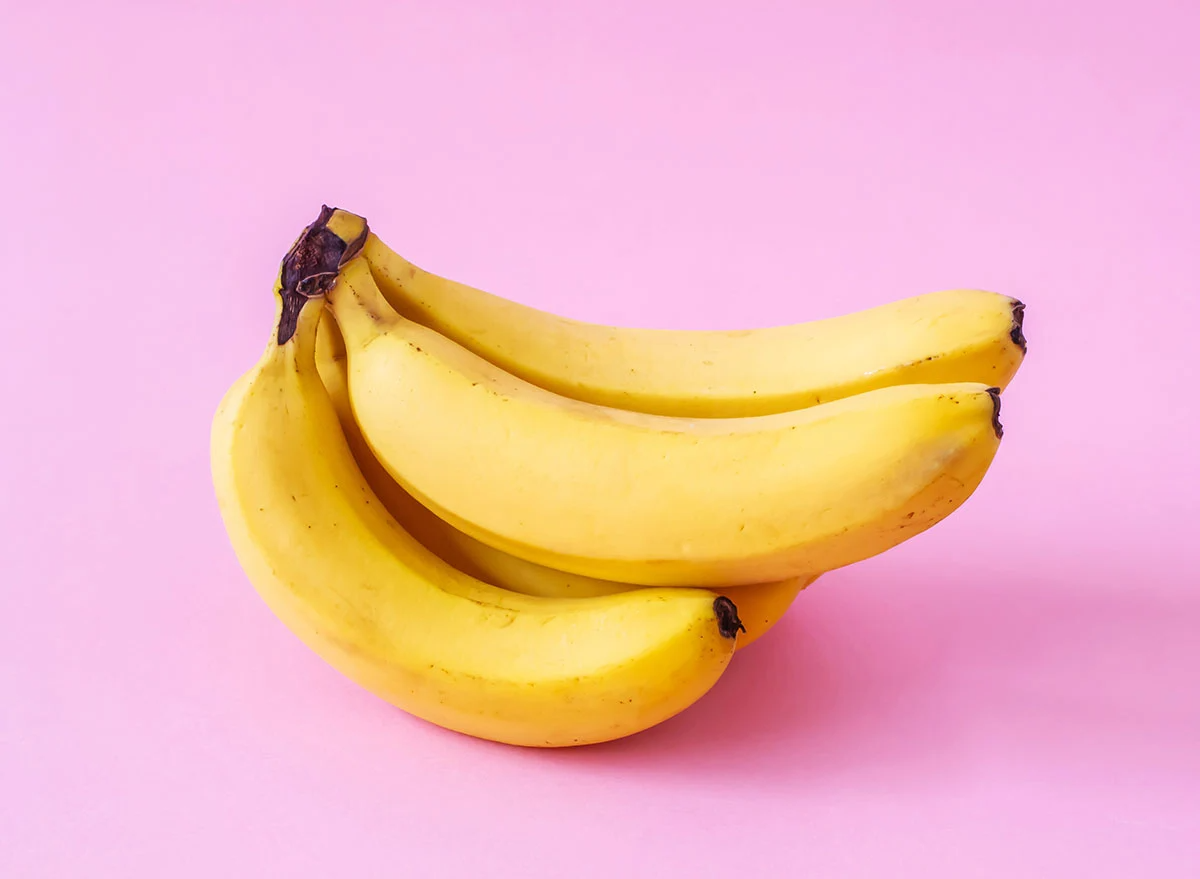





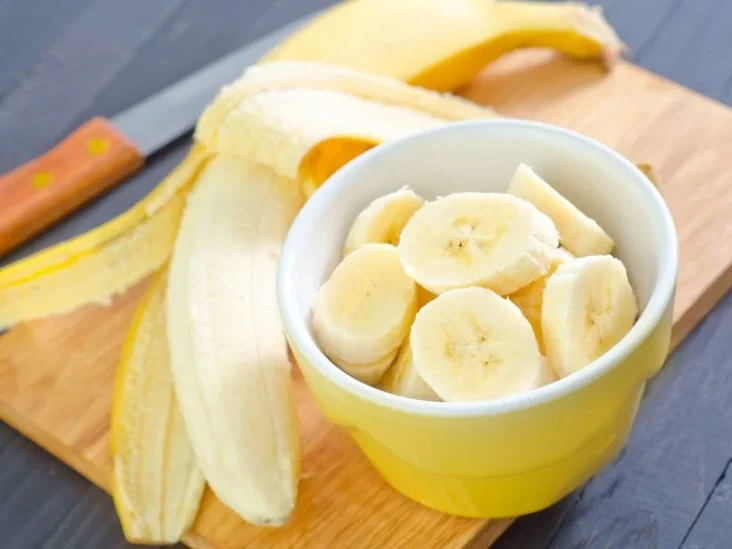


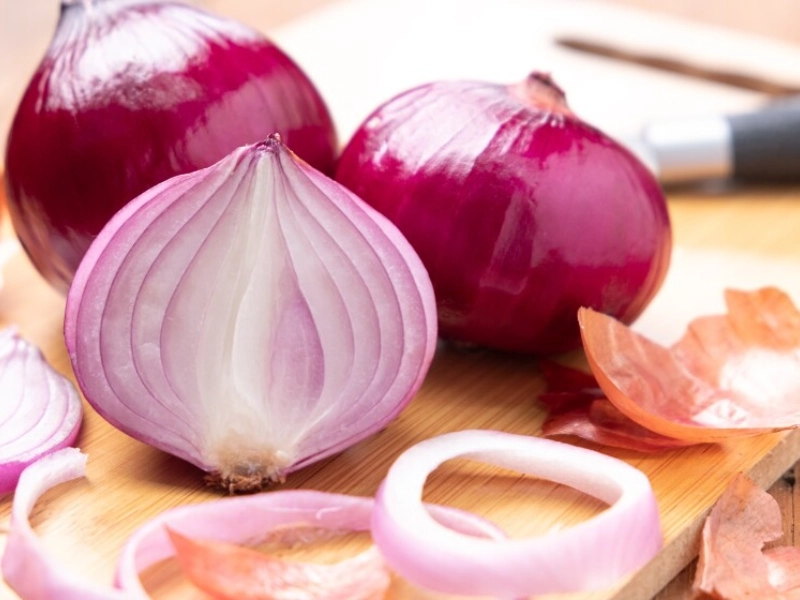
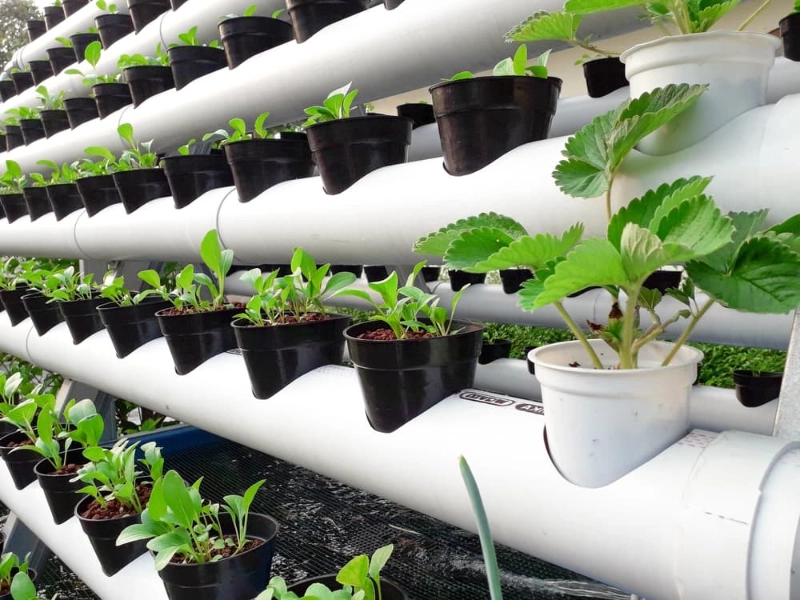
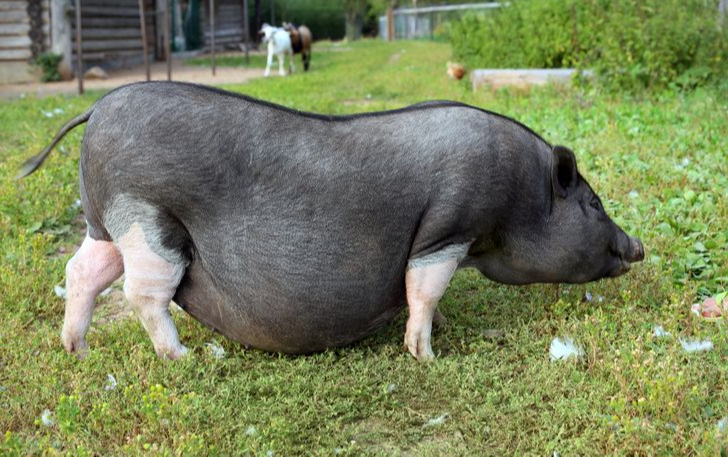






Comments
Leave a Comment
Your email address will not be published. Required fields are marked *